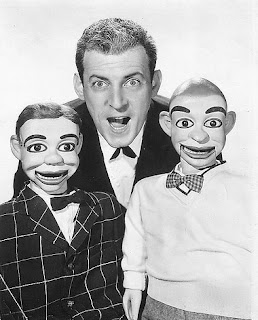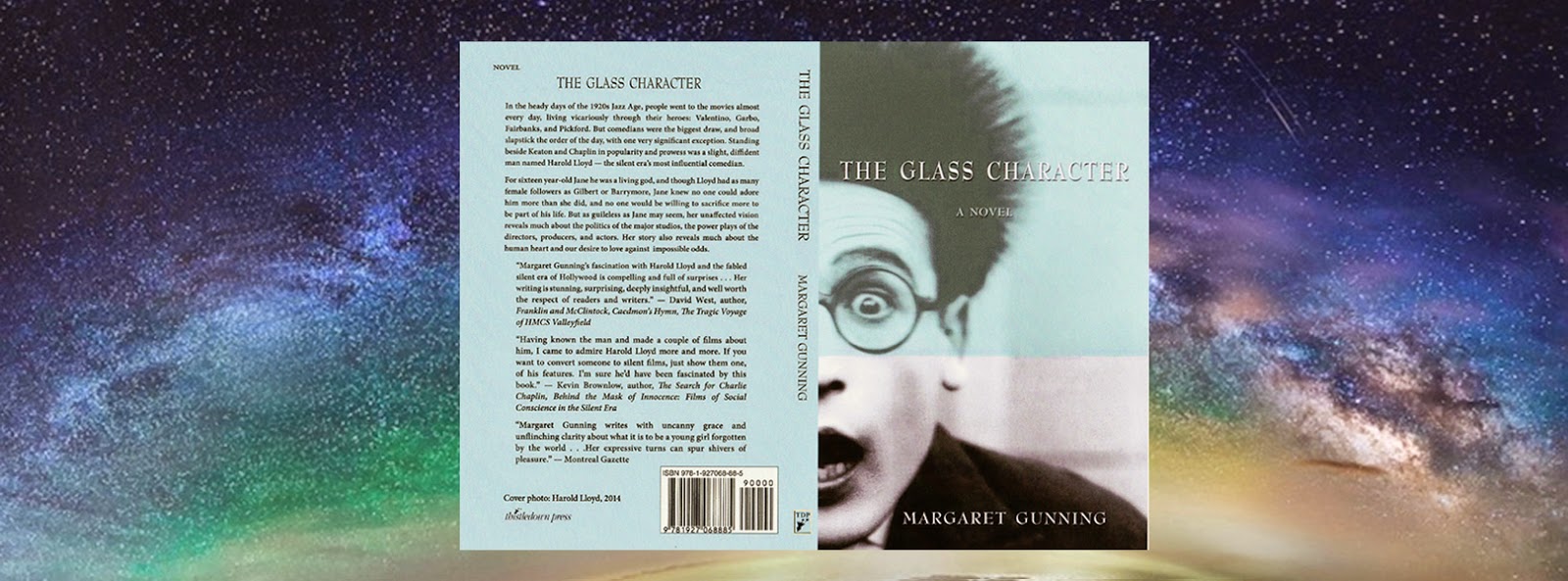Agghhh! The worst has happened, and a whole post disappeared. Is this some sort of "sagn" that I'm not supposed to write about Oscar Levant any more?
At this rate, I never will, for I HATE trying to piece together lost posts.
It didn't even save as a draft, which is insane! I tried to listen to some Debussy while fucking around with my photos, which are probably gone also.
Perhaps Oscar is playing with me.
Levant was a strange one. In the video he is being marched along between two ageing legends, Fred Astaire and Ginger Rogers, who have been hauled out of retirement to do yet another musical, The Barkleys of Broadway. I'm not keen on the retread aspects of this show, with Astaire in his 50s dancing with a bunch of disembodied shoes. This 3-minute ditty is the best part: it's a charming little song, with Oscar bellowing in a voice that sometimes reminds me of Walter Matthau. And it was true, he really did hate the country - the crickets scared him.
So what was I going to say about all this, before it was all fucking lost? I wanted to tell a little story from the Levant bio I am reading, A Talent for Genius. I'm not sure what I think about this book, or about Levant generally, because he ended up such a wreck. He looked about 100 years old when he died, twitching, bent over, virtually incoherent, his mind in a million pieces. Such a mind. And he was only 65.
"Levant's film career was about to become another stroll through a hall of mirrors," the bio claims, "not only reflecting his own life experience as a struggling musician in New York, but full of biographical doppelgangers as well."
Anyway, one of the first times he played the "Oscar Levant type" that was soon to be popular in the '40s was in Humoresque, in which Joan Crawford plays a rich older woman lusting after a novice concert violinist (incongruously played by John Garfield). Levant probably got along fine with him, since they had a certain gangsterish quality in common, even though he was hardly a musician: Isaac Stern had to stand behind him and stick his arms through his jacket to play the violin.
Crawford was another matter.
To quote A Talent for Genius: "To Levant's mystification, Crawford always showed up on the set carrying two raw steaks under her arm. She also had a habit of knitting during the long hours between scenes - she was a compulsive knitter. She even brought her knitting to dinner parties. Noticing this habit, one of Levant's first remarks to her on the set was, "Do you knit while you fuck?"
Oh I don't know, I suppose I should try to be more charitable towards Joan Crawford. Then again, why should I? She's dead and she was a hard bitch who only cared about herself. She ate men alive and spat out the bones. I tried to find a picture of Catherine O'Hara spoofing her Humoresque rich-bitch character on SCTV: they did a superb satire of the movie called New York Rhapsody, though they didn't include Levant. (Eugene Levy might have been up for it.) I just remember O'Hara's shoulders wouldn't fit through the door, so she had to go sideways.
It's hard to know what exactly happened to create the "Oscar Levant type", because there really was no such thing. He didn't do anything an actor was supposed to do. He didn't project. He said his lines in a flat New Yorkish voice and showed little emotion. He rarely smiled. He played piano in a way that could give you an orgasm, but when he was finished and took his bow, he had a sort of pained look on his face. Why did everyone love him so much?
Joan, you had your chance. Or did you take it? If so, please tell me. . . did you knit?
CODA. Or something. This book just gets better and better. I mean the "fuck" parts, as Levant himself might put it. He started out with an awful fondness for professionals, and seemed to have thought of sex mainly as a business transaction. Later it was married women - no strings attached, and by this time he seems to have gained some technique. His two wives (not at the same time) might have thought he was crazy, but both admitted he shone in a certain arena. "Oscar was sexy," his "forever-wife" June said about him, "and women instinctively knew he'd be good in bed, particularly married women who felt a little thwarted in that area." Though he was given to explosive battles with his first wife, she said about him, a little sadly, "Oscar was a wonderful lover. He was tender."
Stop the necrophilia? OK.


























































